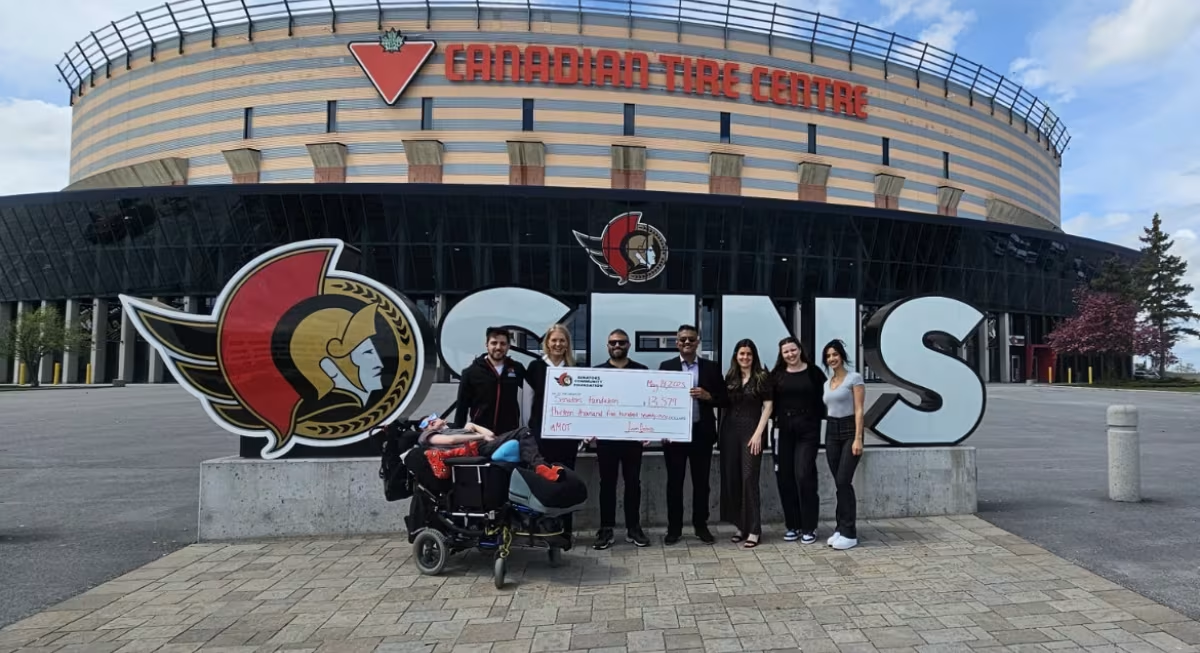Business process management (BPM) combines skills and knowledge from information technology and management sciences. By computerizing decision processes, such as determining loan and credit eligibility, it can increase productivity and save costs.
That’s why Telfer professor William Van Woensel has received a SMRG grant for a BPM project titled “Studying the Use of State-of-the-Art Natural Language Processing Models for Extracting Process Models from Natural Text.”
Natural language processing (NLP) is a promising avenue to automatically extract these process models from natural text, text that humans can understand. According to IBM, NLP is a branch of artificial intelligence “concerned with giving computers the ability to understand text and spoken words in much the same way human beings can.”

For Van Woensel, there has been limited work on NLP using state-of-the art deep-learning in this way. Yet NLP models and tools have shown their ability to significantly improve accuracy for NLP in general with real-world non-restricted text.
Van Woensel would like to propose an end-to-end pipeline to automatically extract process models from natural language text. He will target the extraction of clinical process models (TNM) from text.
This pipeline will be applicable to other fields such as business, insurance and law. Moreover, by creating knowledge-driven decision support tools, it will recommend next steps for a given situation.
Van Woensel will conduct an in-depth literature review, focusing on current challenges (e.g., complexity of natural language text, lack of domain-specific training data, black-box methods), the applicability of NLP work from different domains and gaps that should be addressed.
Research benefits
The automated extraction of process models from natural language text would constitute a major improvement over current, manual practices, which are time-consuming and error prone. An automated pipeline would greatly facilitate the computerization of process models, making them more available for organizations to manage other processes.











